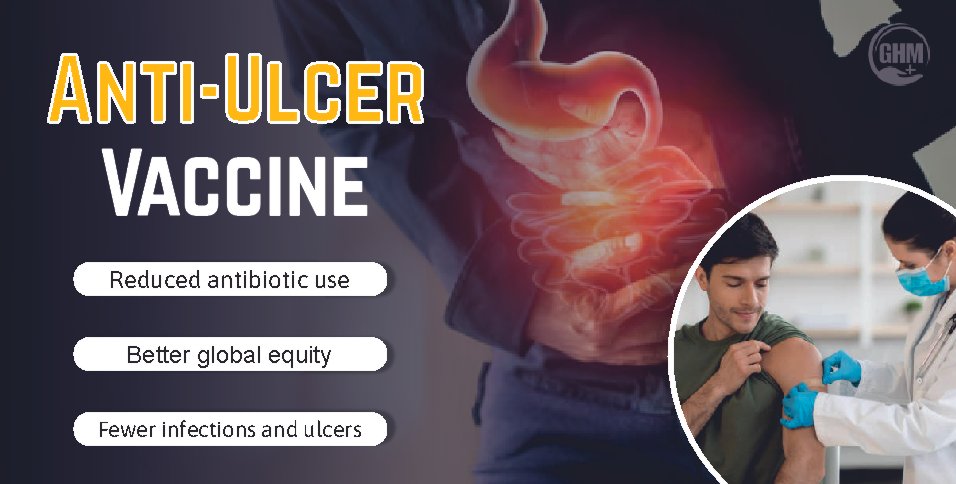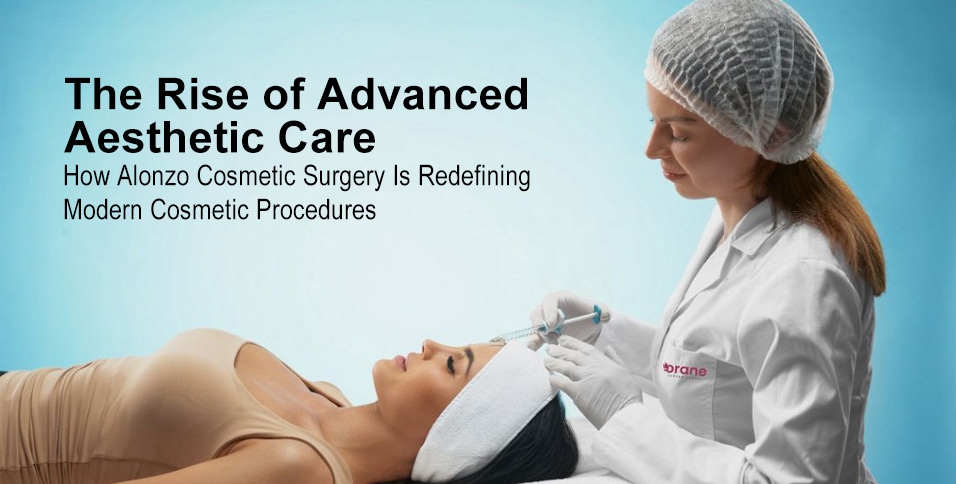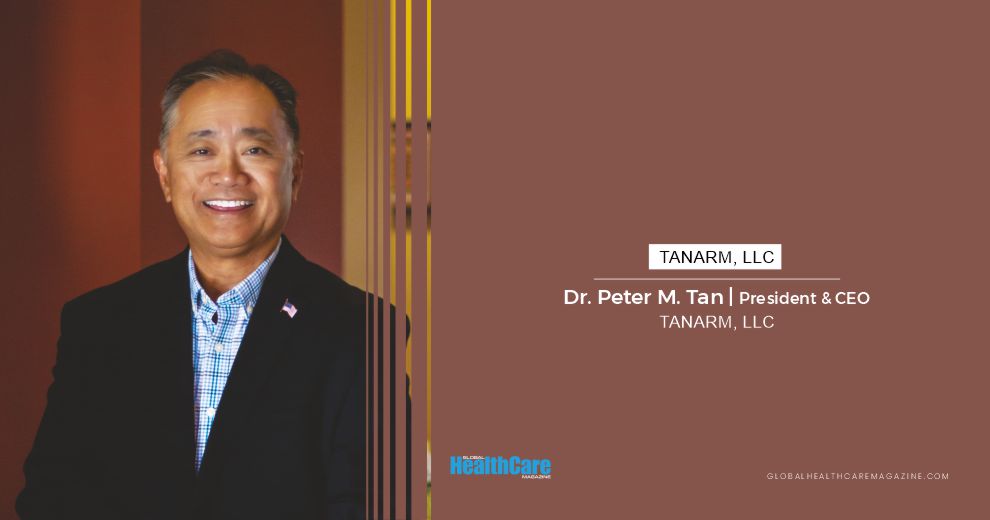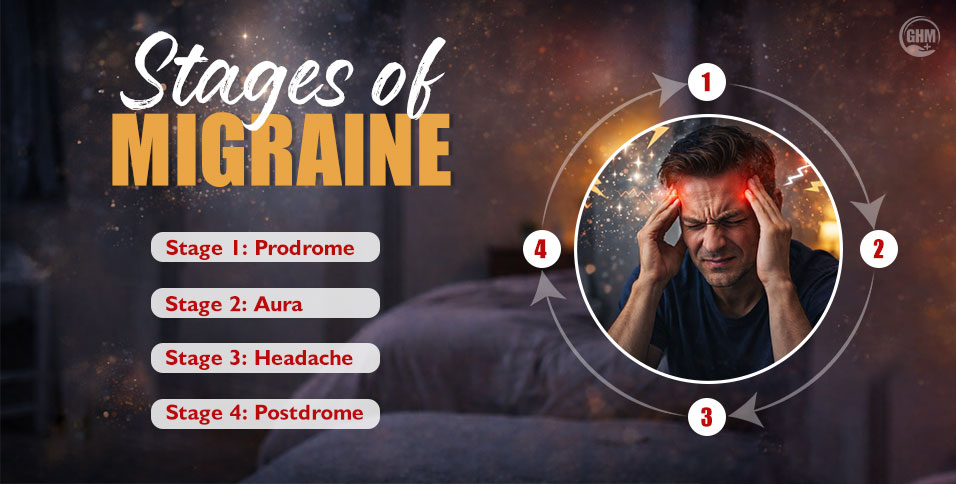When most people hear the word ulcer, they think of a painful but treatable stomach condition. But one tiny, spiral-shaped bacterium, Helicobacter pylori (H. pylori), is responsible for far more than just ulcers. It’s one of the world’s most common infections and a leading cause of gastric cancer.
This month, Ateneo scientists announced they are working on an anti-ulcer vaccine to target H. pylori. Their goal is to create a vaccine that trains the body’s immune system to recognise and destroy the bacterium before it causes disease.
“H. pylori has adapted extremely well to the human stomach, making treatment and prevention a global challenge,” said Dr Felix Chacon, one of the lead researchers.
The team is using immunoinformatics, an advanced field that uses computer models to predict how the immune system will respond to identify the safest and most effective parts of the bacterium to target. This step could accelerate vaccine development compared to traditional lab methods.
Why H. pylori Is a Bigger Problem Than You Think
A Global Infection Affecting Billions
H. pylori infects more than 4 billion people worldwide, over half the global population. Most infections begin in childhood and persist for years, often without symptoms.
But even if the infection is silent at first, it can damage the stomach lining over time.
- Stomach ulcers: up to 80% of gastric and duodenal ulcers are linked to H. pylori.
- Gastric cancer: it’s the single largest risk factor for this cancer, which is the fifth most common cancer globally.
- Chronic gastritis and indigestion: many live with discomfort, unaware of the underlying cause.
The World Health Organisation (WHO) classifies H. pylori as a Class I carcinogen, the same category as tobacco and asbestos.
Unequal Global Burden
The infection is more common in low- and middle-income countries due to factors like overcrowding, limited sanitation, and lack of access to healthcare.
In these regions, ulcers and gastric cancer often go undiagnosed until they become serious or fatal.
The Limits of Current Treatments
Today, the standard treatment for H. pylori is a triple therapy. It is a combination of two antibiotics and an acid-reducing medication.
But this approach faces growing challenges:
- Antibiotic resistance: The bacterium is becoming harder to kill, increasing treatment failures.
- Reinfection risk: People can become infected again, especially in high-prevalence regions.
- Side effects: Many patients experience nausea, diarrhoea, or allergic reactions.
- Cost: Repeated treatments can strain public health budgets in lower-income countries.
This is why experts are calling for preventive measures and why a vaccine could be a game-changer.
How an Anti-Ulcer Vaccine Could Change the Game
A successful anti-ulcer vaccine would work by priming the immune system to recognise H. pylori early, preventing it from establishing infection in the stomach lining.
Potential benefits include:
- Fewer infections and ulcers, reducing hospitalisations and medical costs.
- Lower rates of gastric cancer save thousands of lives annually.
- Reduced antibiotic use, slowing the rise of resistant strains.
- Better global equity, especially in countries where medical access is limited.
Countries with high infection rates could integrate the vaccine into childhood immunisation programs, similar to vaccines against hepatitis or HPV.
Vaccine Development: Careful & Effective
Developing a vaccine is a long and careful process. Ateneo’s team is currently in the pre-clinical design stage, using computational models to identify promising proteins from H. pylori.
Next steps could include:
- Laboratory testing of the vaccine candidate in controlled settings.
- Animal studies to confirm safety and immune response.
- Human clinical trials in multiple phases.
- Regulatory approvals and eventual distribution.
“The idea is to create a vaccine that is effective, safe, and accessible,” said Dr Ivan Co, one of the scientists involved in the project. “This could help millions worldwide, especially in developing countries.”
A Public Health Opportunity
The global health community has learned critical lessons from COVID-19 about the power of preventive medicine. An anti-ulcer vaccine would not only reduce the suffering of individuals but also lessen the economic and healthcare burden caused by chronic stomach diseases and gastric cancer.
For policymakers, investing in vaccine development now means:
- Reducing future healthcare costs.
- Improving quality of life for vulnerable populations.
- Strengthening public health resilience.
The Road Ahead
Ateneo’s research reflects a growing global momentum to address H. pylori through innovative science. If successful, an anti-ulcer vaccine could transform how we manage one of the world’s most widespread infections by preventing ulcers, reducing cancer risk, and easing the strain on health systems.













